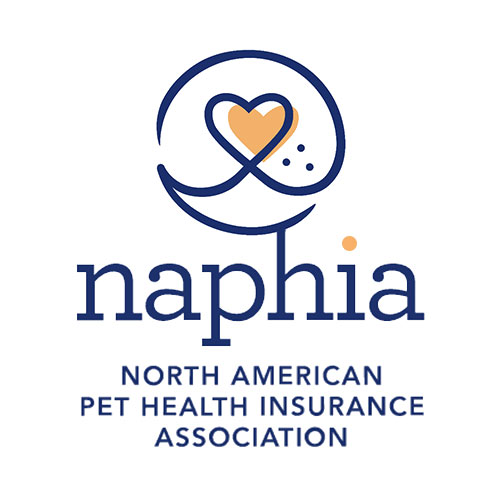HABRI-Funded Study Shows Promise for Incorporating Dogs in Public Health Strategies to Promote Physical Activity in Young Families
Washington, D.C. (June 13, 2022) — The Human Animal Bond Research Institute (HABRI) announced results of a new publication led by researchers at the Telethon Kids Institute and The University of Western Australia (UWA), which found a simple health intervention using text messaging may encourage children to spend more time being physically active with their family dog. This randomized controlled trial was published in the journal BMC Pediatrics.
“We found texting parents to remind them of how easy and important it is to be active with the family dog is a low-cost intervention with the potential to boost public health, which can be easily implemented across entire communities,” said Telethon Kids and UWA Associate Professor Hayley Christian, Principal Investigator on the study. “Interventions, policies and community programs should capitalize on the high level of dog ownership and incorporate dog walking or play into physical activity campaigns.”
“This study shows that a simple text message reminder to play or walk with the family dog can result in increased physical activity for children and their caregivers,” said Steven Feldman, President of HABRI. “HABRI looks forward to raising awareness of the results of this publication which outline new and simple ways to encourage families to spend more quality time playing with and walking their dogs.”
Dr. Christian and colleagues led the Play Spaces and Environments for Children’s Physical Activity’ (PLAYCE) PAWS mHealth intervention, a randomized controlled trial conducted in Perth, Western Australia. Families of children between the ages of 5 and 10 with a family dog were placed into three experiment groups: one group of parents received regular text reminders about family play with the dog, one group received text reminders while also receiving a dog pedometer to further engage them with the dog, and the third group carried on as usual. This study was the first of its kind to utilize a mobile-based dog-facilitated strategy to increase children’s physical activity.
At baseline, approximately 60 percent of families walked their dogs more than once a week, and this increased to more than 75 percent at the 3-month follow-up. No differences were observed in dog walking or dog play at 1-month. The text-message only group were 2.6 times more likely to increase their frequency of total dog-facilitated activity at 3-months, compared to the usual care group. The combined intervention group were twice as likely to increase their frequency of total dog-facilitated physical activity compared with the usual care group at 3-months. Similar findings were reported by a HABRI-funded study conducted by Richards et al., which found that significant increases in family dog walking in the intervention group only occurred at 6 months and were also sustained at 12 months. The positive associations with total dog-facilitated physical activity lost significance after adjusting for socio-demographic factors. Most parents found the intervention strategies acceptable, with 81% satisfied with the text-messaging program, and 83% satisfied with using the dog pedometer. Parents indicated that the text messages were good motivators to engage in more play with the dog.
This is the third publication to result from this HABRI-funded research. Findings from the first publication, published in the journal Pediatric Research in July 2020, showed that dog-owning children had better socio-emotional outcomes compared to non-dog-owners. The second publication, released in Preventive Medicine Reports in April 2022, conducted secondary analysis of a larger study to find that family dog walking three or more times per week was positively associated with structured and unstructured physical activity and outdoor play, and negatively associated with screen time.
Citation: Ng, M., Wenden, E., Lester, L., Westgarth, C., & Christian, H. (2022). A mobile health intervention to encourage physical activity in children: a randomised controlled trial. BMC pediatrics, 22(1), 1-10. https://doi.org/10.1186/s12887-022-03336-9
About HABRI
HABRI is a not-for-profit organization that maintains the world’s largest online library of human-animal bond research and information; funds innovative research projects to scientifically document the health benefits of companion animals; and informs the public about human-animal bond research and the beneficial role of companion animals in society. For more information, please visit http://www.habri.org.
Contact
Logan Trautman
logan@inspireprgroup.com
614.701.8205
Hayley Maynard
Hayley@inspireprgroup.com
614.701.8205
###





